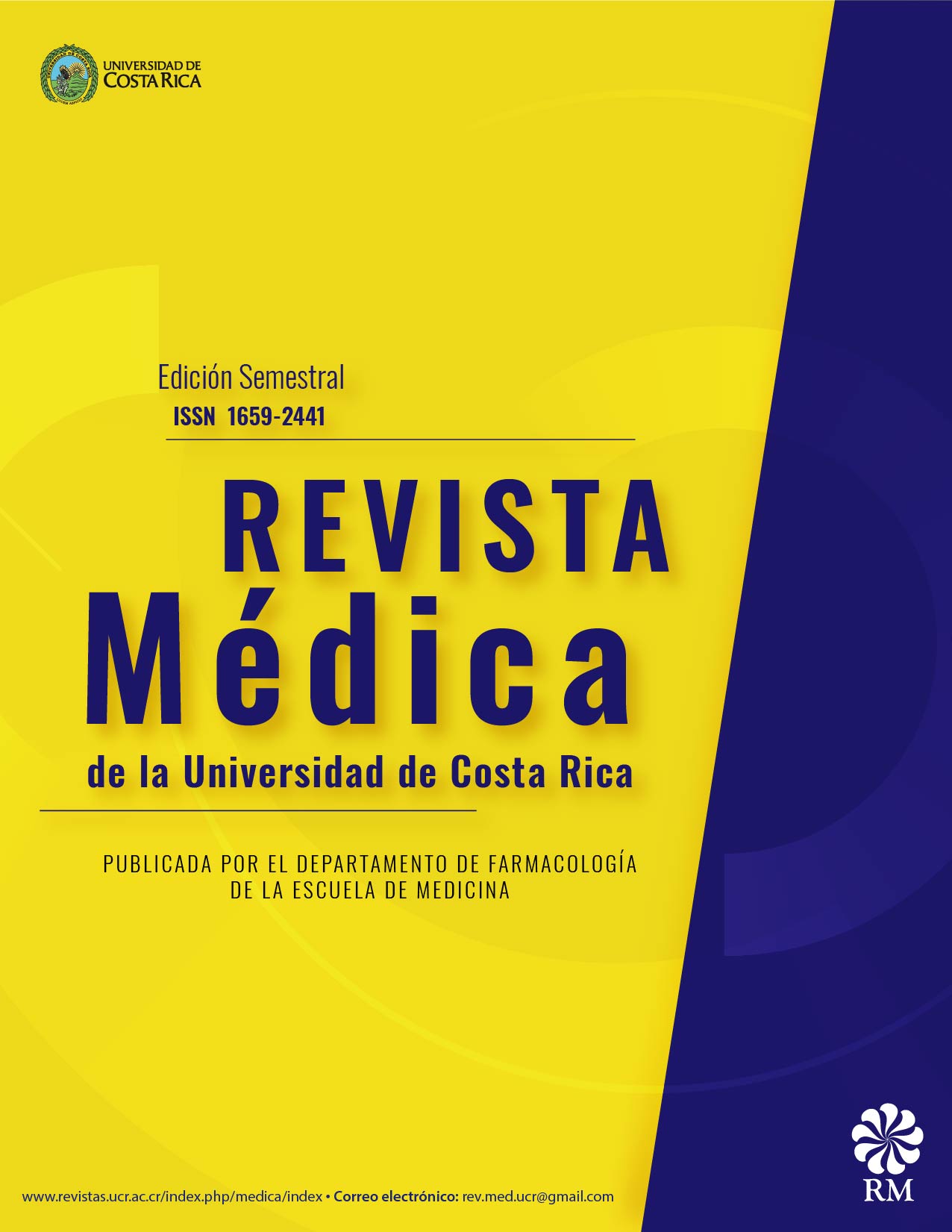Abstract
Urinary tract infection (UTI) is one of the most common infections in pediatric populations. Recurrence is associated mostly with congenital kidney malformations or functional alterations, in addition to the clinical complications and increasing microbial antibiotic resistance.
The purpose is described the clinical profile, microbiological features and epidemiological aspects of patients with Complicated Urinary Tract Infections in a referral Hospital in Cali, Colombia (Club Noel Children’s Hospital Foundation). This is a descriptive cross sectional retrospective study in the pediatric population, between ages 1 month and 18 years old, during an 11-month period, from January 1 to December 31 of 2018.
27 patients with complicated UTI are described, resulting in a higher prevalence for female patients (18/27, 66.6%), between ages of 3 months and 17 years old, median age 1 year (interquartile range 1-5). Escherichia coli was reported as the leading microorganism (16/27, 59.2%). The most common resistance pattern was AmpC beta-lactamases (9/27, 33.3%).
By identifying the resistance patter of each microorganism, we can offer a targeted management, which results in a better use of antibiotics, avoiding our contribution to antimicrobial resistance and further complications.


